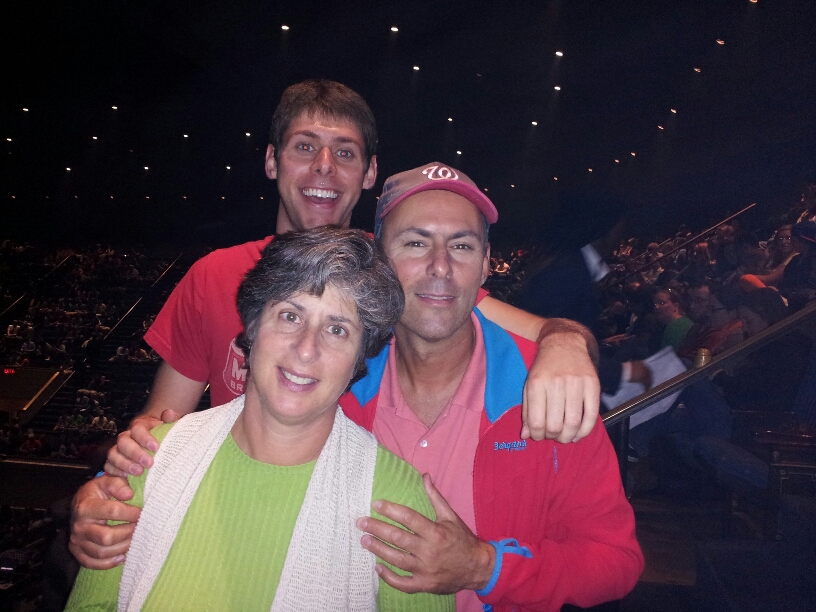“I’m so grateful that I struggled.” — Ellen DeGeneres
Those are the words of someone who’s really, truly learned what it’s like to see bottom. Look at her resume, and you’ll find that Ellen DeGeneres has been low places:
• She got into comedy by accident.
• She worked crappy nightclubs and bars. (Once, she worked a restaurant that had the words, “Soup of the Day: Broccoli, and Ellen DeGeneres” on the chalkboard outside. Her name was below the soup.)
• She made it to “The Tonight Show,” where she was the first woman ever to get called over to sit on Johnny Carson’s couch after performing stand-up.
• She made some movies that flopped.
• She got her own TV show.
• On that TV show, she confessed that she was gay.
• The ratings tanked, and her show was cancelled one season later.
• She couldn’t get a job in TV or movies for three years afterward.
And then somewhere in the 2000s, things just started to click. She was in “Finding Nemo.” She got her own talk show. And all that work just started to spin itself into success.
Ellen said those six words at top — “I’m so grateful that I struggled.” — at an award ceremony being held in her honor at the Kennedy Center last month. Sometimes, award ceremony acceptance speeches ring hollow, but this one hit home. And it got me thinking:
What would it be like to be on stage accepting that big award without the lifetime of struggle?
What would it be like to reach success without the bumps and the roadblocks and the failures? Would it mean as much?
What would it be like if Ellen hadn’t been willing to suck for a very long time?
When Ellen said she was thankful for the bad times, she meant this: The struggle is when you find out whether or not you’re willing to put in the work. Over the years, after all the criticism and the pain, Ellen found that it was worth it to keep putting in the work — and I think our world is better for it.
Nothing great comes in this world without a lot of work and a lot of struggle.
Embrace the struggle. Embrace the pain.
It’s the stuff that’s molding you and guiding you toward something really amazing.









